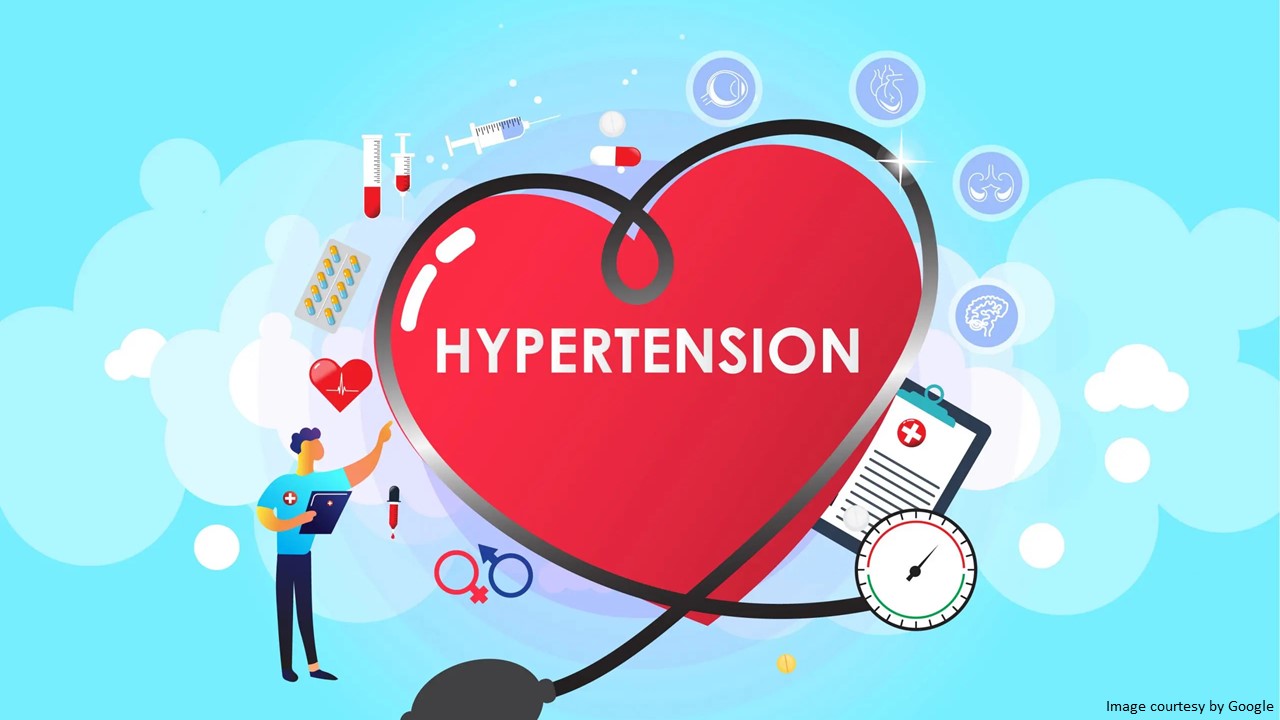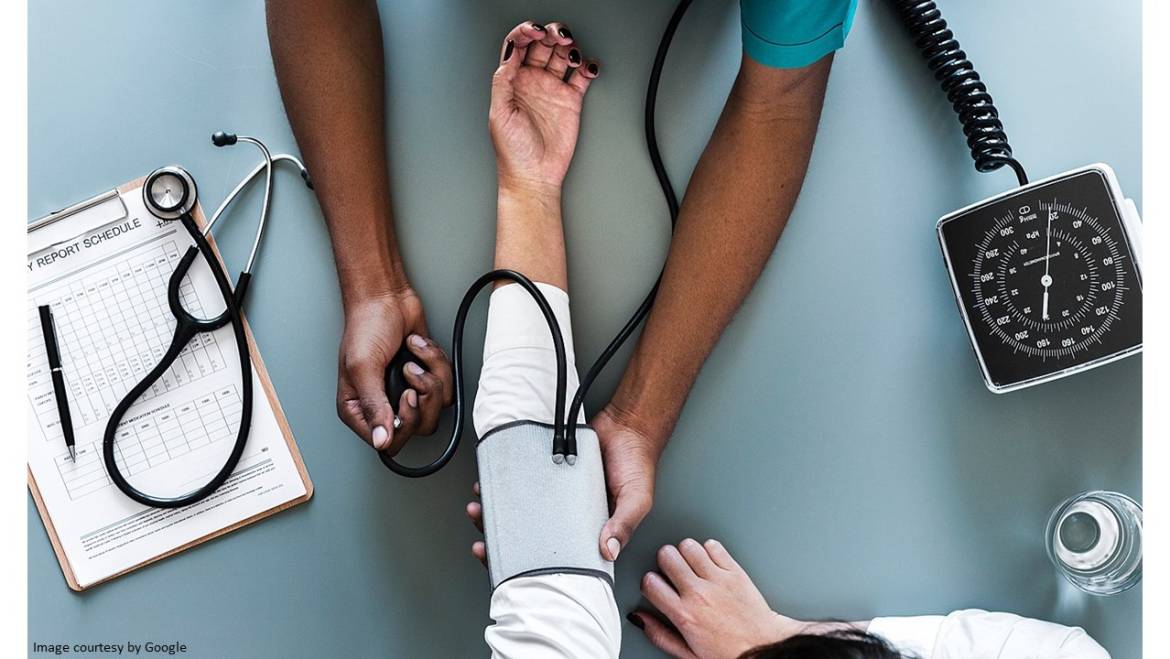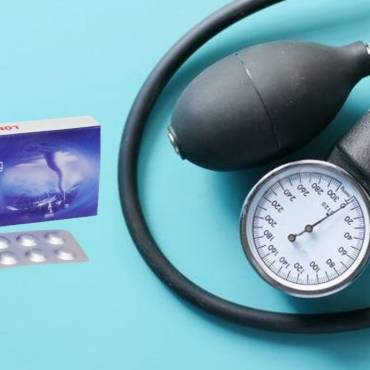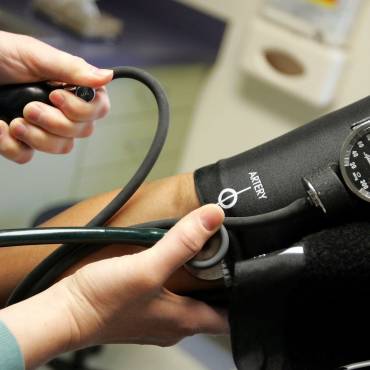Blood pressure is the leading cause of premature death and disability in the world. We can call it a silent killer who can kill any human being if it shoots its level either towards high or minimum.
How to know if you have high blood pressure? Well, you probably have high blood pressure (hypertension) if readings are consistently 140 over 90 or higher for a longer period. If you have high blood pressure, this higher pressure puts extra strain on your heart and blood vessels. Over the period, this extra strain increases your risk of a heart attack or stroke. Other effects of high blood pressure include damaged and narrow arteries and an aneurysm (where the constant pressure of blood moving through a weakened artery can cause part of the artery wall to bulge). Lowering blood pressure causes a significant reduction in heart attacks and strokes.
Signs and Symptoms of High Blood Pressure
How do you know if you have high blood pressure? Usually, there are no symptoms of high blood pressure, so the only way to know if you have high blood pressure is to have yours measured. However, a high reading for once does not mean high blood pressure. Many things contribute to your blood pressure throughout the day, so your doctor will record several of your blood pressure readings to check if it remains high over time. Generally, people with very high blood pressure experience headaches, but it is suggested to visit your GP if you are concerned about signs of high blood pressure.
Causes of High Blood Pressure
You may be wondering what can cause high blood pressure. Well, there is no single cause for high blood pressure. You may not know exactly what causes high blood pressure. You may not know that your lifestyle affects your risk of developing it. You are at a higher risk if:
-
- You eat too much salt.
- You don’t eat enough fruit and vegetables.
- You are not active enough.
- You are overweight.
- You drink more than moderate alcohol.
What to do if you have high blood pressure? Firstly, it is vital to listen to your healthcare provider. Educate yourself about the condition and learn to monitor your blood pressure levels at home. Following these basic rules, you can commit to living a heart-healthy life.

How to reduce high blood pressure? You can help reduce high blood pressure and risk of stroke and heart attack by making lifestyle changes such as:
-
- Lose extra pounds – How to reduce blood pressure? The most common answer to this question is weight loss, as it is the most effective lifestyle change for reducing high blood pressure. Losing just 10 pounds will help to control your blood pressure.
- Exercise regularly – Consistent weekly physical activity of at least 30 minutes helps lower your blood pressure by 4 to 9 millimeters of mercury (mm Hg). It’s essential to be consistent because if you stop exercising, your blood pressure can rise again.
- Eat a healthy diet – If you are wondering how to treat high blood pressure naturally? Well, then, stop now and change your diet. Eating a diet rich in whole grains, fruits, vegetables, and low-fat dairy products and avoiding saturated fat and cholesterol can also help reduce blood pressure by up to 14 mm Hg.
- Reduce sodium in your diet – Even a small reduction can reduce blood pressure by 2 to 8 mm Hg. Generally, limiting sodium to less than 2,300 milligrams (mg) daily or less is required. However, a lower sodium intake of 1,500 mg daily or less is perfect for people with greater salt sensitivity.
- Limit the amount of alcohol – Drinking more than moderate amounts of alcohol can raise blood pressure. It also reduces the effectiveness of blood pressure medications.
- Quit smoking – Quitting smoking helps your blood pressure return to normal. People who quit smoking have experienced substantial increases in life expectancy and a better quality of life.
- Reduce your stress – Chronic stress is an important contributor to high blood pressure. Occasional stress also contributes to high blood pressure if you respond to stress by eating unhealthy food, drinking alcohol, or smoking. Consider what causes stress, such as work, family, finances, or illness. Once you know what’s causing your stress, think about eliminating or reducing stress.
Some additional factors also increase your risk of developing high blood pressure, which cannot be controlled. These include:
-
- Age: With growing age, the effects of an unhealthy lifestyle can get established, and your blood pressure can increase.
- Ethnic origin: Masses from African-Caribbean and South Asian communities are at a greater risk than other people with high blood pressure.
- Family history: You are at greater risk if your family members have high blood pressure.
Some people have high blood pressure connected to other medical conditions, such as kidney problems. For such people, treating the medical problem may control their blood pressure.
High Blood Pressure Treatment
How to treat high blood pressure? There is a wide range of high blood pressure medications. You can take more than one type of medicine because each one reduces blood pressure in different ways after consulting your physician.
There are four major types of medicine that doctors recommend for reducing blood pressure:
-
- ACE inhibitors – These medicines help to control hormones that affect blood pressure.
- Angiotensin receptor blockers – These also control hormones that affect blood pressure.
- Calcium channel blockers – These high blood pressure medicine treatments may relax the artery walls, making them wider and lowering blood pressure.
- Thiazide diuretics – this medicine clears the non-required fluid from the body, which helps lower blood pressure.
What to do if you have high blood pressure? Well, support from family and friends can help improve your health. They may motivate you to take care of yourself, visit the doctor’s clinic, or take an exercise program initiative to keep your blood pressure low. If you think you need support beyond your family and friends, opt to join a support group. This will keep you in touch with people who can provide emotional or moral support and offer practical ways to cope with your condition.
Also Read: The pros and cons of high blood pressure medication



